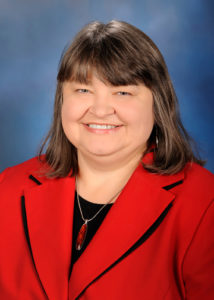SPRINGFIELD, Ill. – Tourism would play a greater role in building up local communities under a measure that state Rep. Diane Pappas, D-Itasca, passed out of committee this week. The proposed bill allows local governments to fund infrastructure and economic development projects with a portion of the hotel tax. Pappas is working with state Rep. Terra Costa-Howard, D-Glen Ellyn, and local community leaders on this crucial legislation.
“Money our communities bring in from tourism and travel should encourage job growth,” Pappas said. “This bill permits non-home-rule municipalities in DuPage County to spend some of the revenue from the hotel tax on infrastructure projects like repairing roads and bridges. Better infrastructure will help residents as well as visitors, creating a win-win proposition. We need to fund programs that build our economy, while giving local governments more control to invest in capitol infrastructure and economic development projects with revenue they have already collected.”
Right now, all dollars from the hotel tax are used to promote tourism and conventions in the municipality the hotel is located in, and local non-home-rule governments are prohibited from using the revenue in any other way. Under Pappas’s House Bill 3198, local governments in DuPage County would be able to use up to a quarter of the tax revenue on capitol infrastructure or economic development projects.
By expanding the use of the hotel tax revenue, local governments will be able to expand their community investments without raising taxes. Pappas is committed to working with all parties to protect the middle class from being burdened with higher taxes, which is why she is working with Costa Howard to move the legislation through the General Assembly.
“Our legislation gives our towns the flexibility they need to make the best decisions for our community, while providing vital funding for infrastructure and economic development without raising taxes,” said Costa Howard. “This bill helps DuPage County municipalities reach their full potential by giving them more control over the funding they currently receive.”
